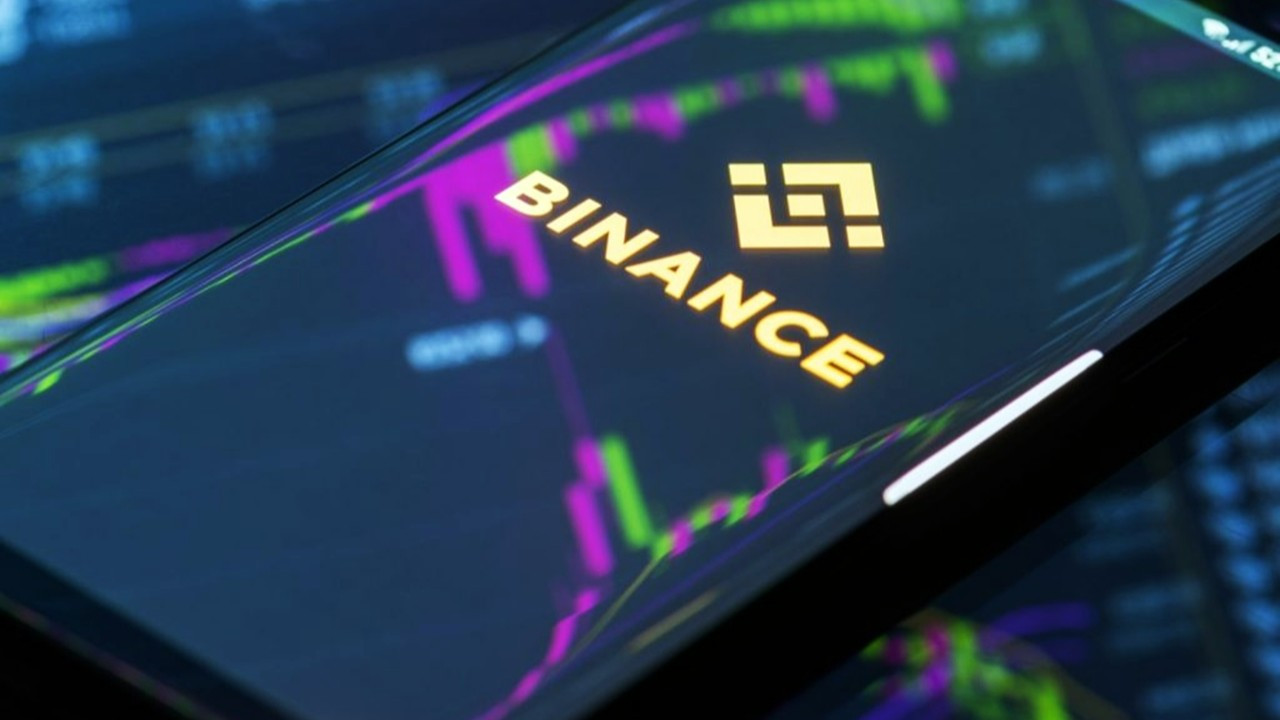Binance Research Highlights Bitcoin’s Growing Role in DeFi
15.03.2025 20:00 1 min. read Alexander Stefanov
Binance Research, the investigative branch of the leading cryptocurrency exchange, has released an insightful new study about Bitcoin (BTC).
According to the report by Binance analyst Moulik Nagesh, Bitcoin is stepping beyond its traditional role as a store of value and is becoming an integral part of the decentralized finance (DeFi) ecosystem.
The analyst highlighted how Bitcoin’s increasing involvement in DeFi applications is unlocking new revenue potential for holders, particularly through options like using Bitcoin as collateral or for lending to generate yield.
Nagesh pointed out that, despite Bitcoin’s extensive use as a store of value, only a small fraction—around 0.8%—of its total supply is currently utilized in DeFi, suggesting a vast, untapped opportunity within the sector.
The report emphasized that this growing sector, dubbed Bitcoin DeFi (BTCFi), aims to enhance Bitcoin’s capital efficiency by integrating it into decentralized financial tools such as staking, decentralized exchanges (DEXs), and stablecoins.
As DeFi continues to develop, even modest adoption rates could lead to significant capital inflows, opening up new pathways for the financialization of Bitcoin. The potential for growth in this space, according to the findings, could be substantial, with the likelihood of billions of dollars entering the market if Bitcoin’s inactive supply begins to be leveraged more widely in DeFi applications.
-
1
Bitcoin Closing in on the $100,000 Mark as Market Sees Almost $1 Billion in Liquidations
06.06.2025 7:00 1 min. read -
2
The Bitcoin-Cardano Bridge is Here: What it Means for DeFi
10.06.2025 21:00 1 min. read -
3
Will Japan’s Central Bank Spark a Crypto Rally?
11.06.2025 12:00 1 min. read -
4
Institutions Now Hold Nearly a Third of Bitcoin – Here’s What That Means for the Market
12.06.2025 15:00 1 min. read -
5
Bitcoin Supply Crunch Deepens as Institutions Tighten Their Grip
05.06.2025 8:00 2 min. read
BlackRock and Fidelity Pour Over $500M Into Bitcoin in One Day
Institutional interest in Bitcoin is heating up again, with major asset managers making massive moves.
Metaplanet Raises $515M in First Step Toward Massive Bitcoin Accumulation
Tokyo-listed Metaplanet has kicked off its aggressive Bitcoin acquisition plan by securing 74.9 billion yen ($515 million) through new share issuance — the first step in its bid to own 1% of Bitcoin’s total supply.
Trump-Linked Truth Social Pushes for Bitcoin-Ethereum ETF as Crypto Strategy Expands
Trump Media & Technology Group (TMTG), the company behind Truth Social, is ramping up its entry into the crypto investment world.
Bitcoin ETF Inflows Hit $2.2B as Market Calms After Ceasefire
Investor enthusiasm for U.S.-listed spot Bitcoin ETFs has reached a fresh high, with over $2.2 billion pouring in over the past 11 trading days.
-
1
Bitcoin Closing in on the $100,000 Mark as Market Sees Almost $1 Billion in Liquidations
06.06.2025 7:00 1 min. read -
2
The Bitcoin-Cardano Bridge is Here: What it Means for DeFi
10.06.2025 21:00 1 min. read -
3
Will Japan’s Central Bank Spark a Crypto Rally?
11.06.2025 12:00 1 min. read -
4
Institutions Now Hold Nearly a Third of Bitcoin – Here’s What That Means for the Market
12.06.2025 15:00 1 min. read -
5
Bitcoin Supply Crunch Deepens as Institutions Tighten Their Grip
05.06.2025 8:00 2 min. read


